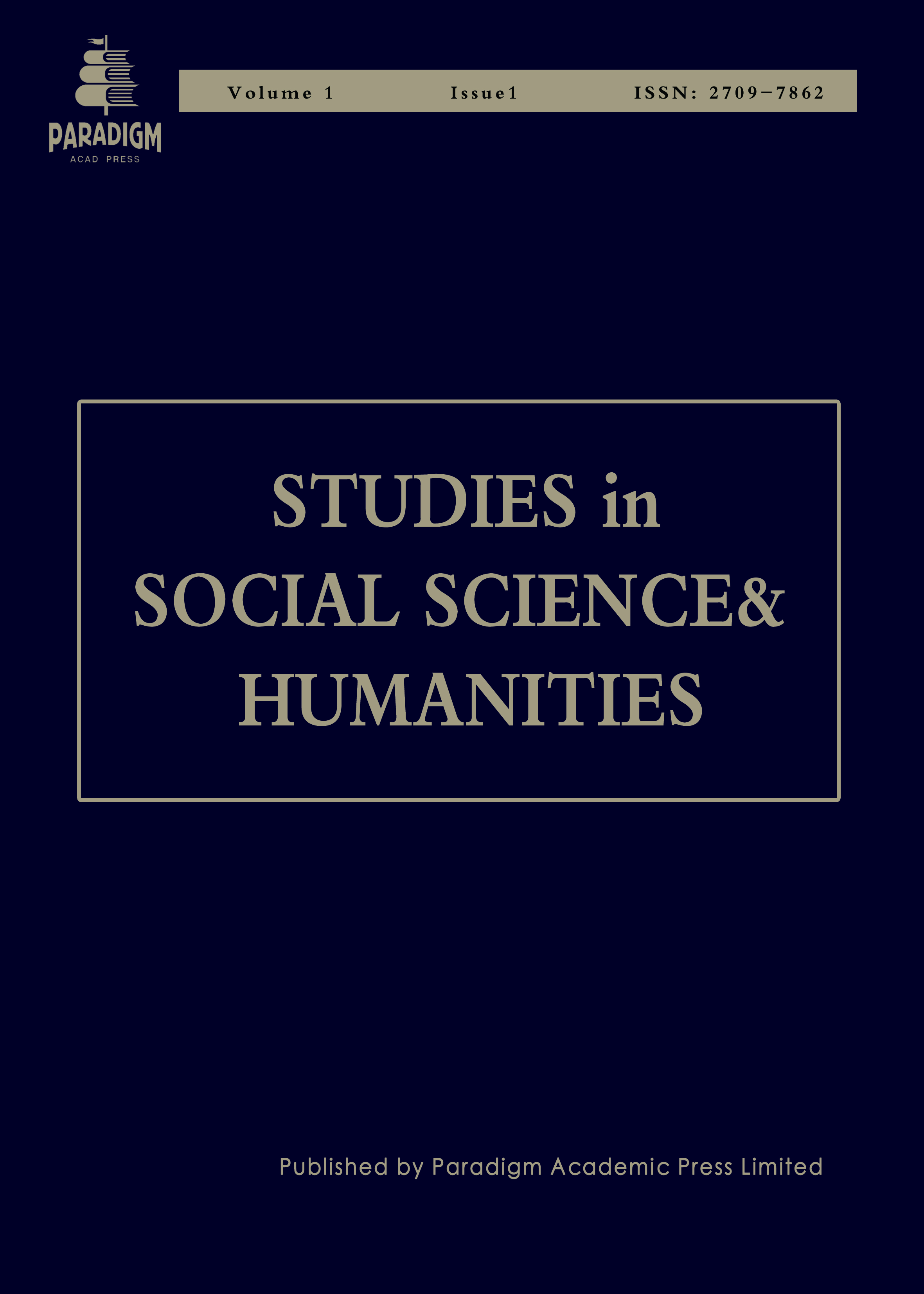Effects of Length of Stay on L2 Chinese Learners’ Request Performance in a Study Abroad Context
Keywords:
request, length of stay, study abroad, request strategies, supportive movesAbstract
Making requests is a face-threatening speech act that has been frequently investigated. In recent years, though studies have shifted towards L2 learners’ speech acts, only a handful of studies have examined request production in L2 Chinese, conclusions of which have been mixed. Previous studies have indicated that L2 learners’ length of stay and L2 proficiency can significantly influence their request performance, including request strategies and supportive moves. Learners also perform differently in situations of different levels of imposition and relative power. In addition, learners’ request performance in role plays may be more natural than that in DCTs. Therefore, this study focuses on L2 Chinese learners’ request production in role plays, exploring the effects of length of stay on their request performance in high-imposition situations of different relative power in a study abroad context.
This study attempts to address the following questions:
(1) Does length of stay influence L2 Chinese learners’ use of request strategies in a study abroad context?
(2) Does length of stay influence L2 Chinese learners’ use of supportive moves when requesting in a study abroad context?
Thirteen L2 Chinese learners of different L2 proficiency and length of stay in China participated in the study. Nine native speakers (NSs) were recruited to provide baseline data for comparison. Participants was required to make requests in two scenarios of different relative power in open role plays. Altogether, recordings of 43 conversations were collected, transcribed and coded, and strategies and frequency of different types of supportive moves employed were calculated for analysis.
The results indicated that all three groups of learners favored conventionally indirect strategies, but they used them less frequently than NSs. Participants of the longest length of stay were the only group to use non-conventionally indirect strategies.
Learners increasingly used more mitigating and aggravating supportive moves and more types of supportive moves as they studied longer in China, indicating target-like development. All three groups of learners of different length of stay, as well as native Chinese speakers, tended to produce more supportive moves when requesting from an interlocutor of higher power relative power.


